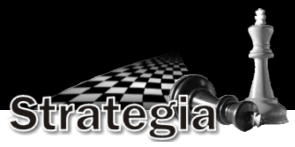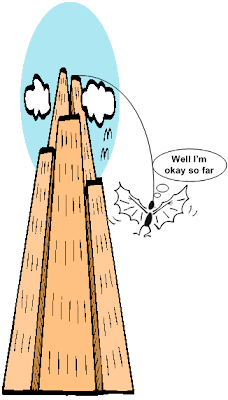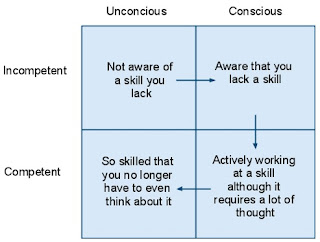Without strategy there is only drift - Thomas Friedman
WP3TAT6MCY69 - Technorati claim code, please ignore Why bother having a strategy? It's a fair question, after all many companies have failed with solid and effective strategic plans in place and many have thrived without them. There is even great debate within the strategic management academic community as to whether a strategy should be developed and followed (called deliberate strategy) or whether it emerges (appropriately emergent strategy) as a result of everything you do anyway. Before I tackle this question it is important to state that this blog is for people in business (probably small-medium businesses who don't like paying for expensive consultants) and not the academic community. In an academic sense this question is large and this is not the appropriate forum to try and add the required academic rigour to the discussion (you'd get bored anyway). Why bother having a strategy is actually not an easy question to answer in a few words (believe me I have be





